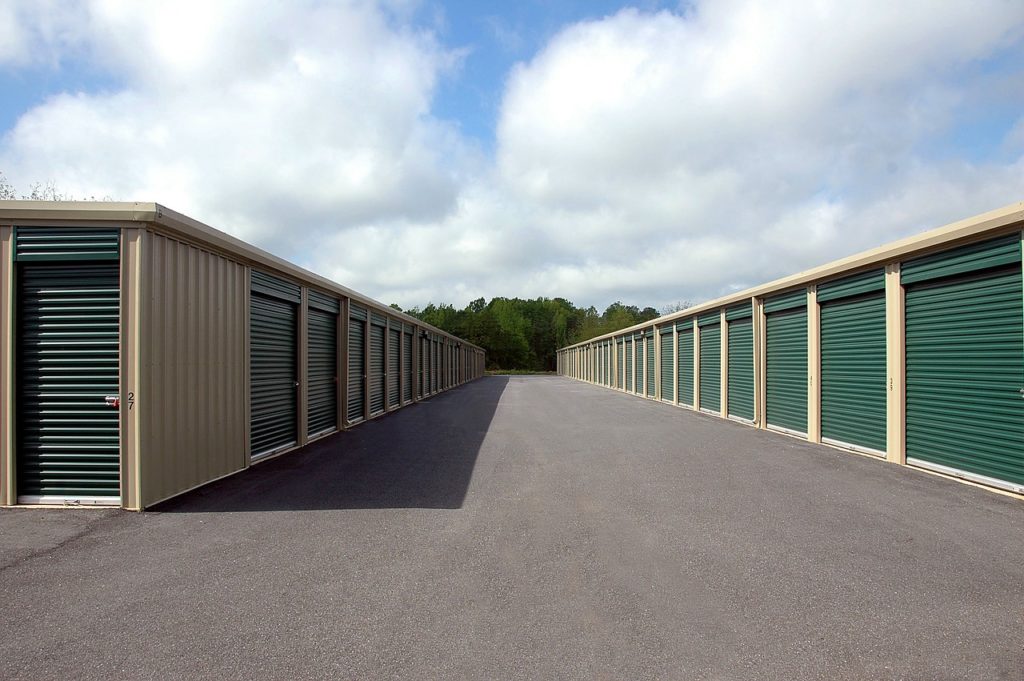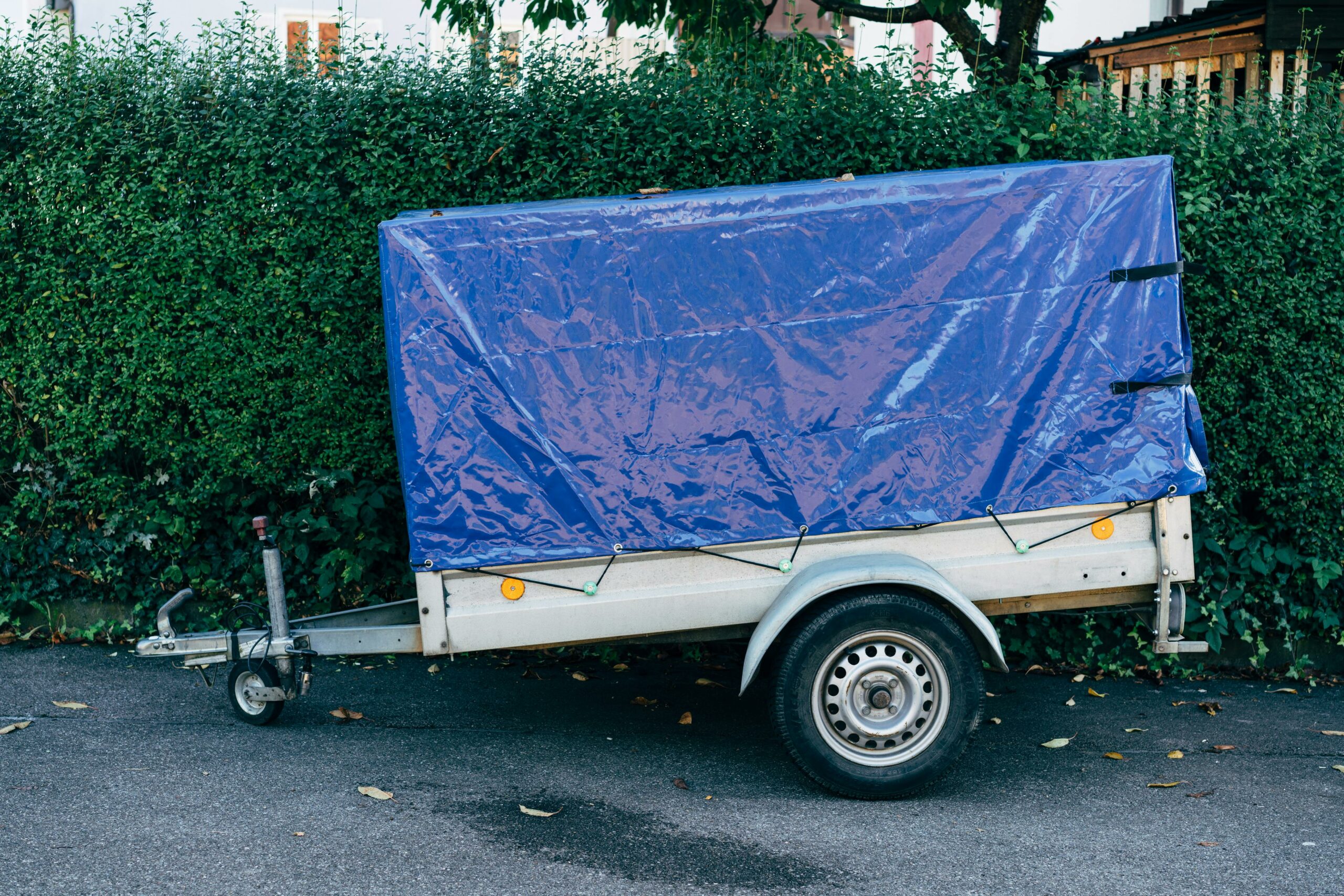A storage unit can be a real lifesaver when it comes to moving your belongings or looking for a temporary home for them. However, with storage units come certain stipulations, and not all storage units are the same. Before you sign a contract that puts you into paying for a storage unit for a certain amount of time, you should make sure you know everything about the storage unit and storage company you are paying.
What you can — and can’t — store
You may think that by having a storage unit that you can store whatever you want in it. This is simply not true. While various states and sometimes even storage unit companies can limit what you can store, there are some items you definitely won’t want to store regardless of state or local law. Avoid storing any hazardous items such as flammable materials (think paint thinners and gasses), highly flammable items, combustible and corrosive items, radioactive material, illegal drugs, and firearms. Animal products and food products are generally not allowed to be stored either (nor would you want them to be). Some storage units put a limit to how many tires you can have in a storage unit as well, so make sure you check with the company before buying.
To climate control or not?
Climate controlled storage units can be great to help you maintain the condition of your items. If you plan on storing furniture (especially wooden furniture), instruments, electronics, antiques or photos/art, chances are you’ll want to pay the extra for a climate controlled storage unit. Basically if you wouldn’t store it outside in a shed normally, then you’ll want to opt for climate control.
How secure is this storage unit?
Inside facilities are generally more secure as they have more doors to go through, but not all storage facilities can be indoors. You will want to check with the storage unit company to find out what kind of security they have in place to make sure someone doesn’t bust in and steal your things. Do they have cameras, fences with barbed wire, or something else? Do they have smoke detectors and fire alarms? What happens if someone does break in and take your items or your items are damaged? Does the company have an insurance policy that covers your stolen goods?
Consider your own insurance — and documentation
If you’re storing for a long period of time, you’ll want to consider insuring your belongings in a storage unit. Much of that insurance will require that you document your goods, but photographing and cataloguing your items in a handy app can be helpful so you know what is where… Especially in case something happens.












Thank you for explaining that you can’t store paint thinners, firearms, or perishable items in storage units. That is alright with me because I can keep those in my home or garage for now. We’ll start looking into a storage unit that has climate-control and quality security because the main thing we want to store is my grandmother’s furniture.
Thanks for the tip that a person can store items in their storage unit as long as it is not flammable, combustible, or corrosive. With that said, I will recommend this article to my cousin tomorrow and look for a unit for him to use at a local facility. Doing this will help him give his home more room so that he can keep it organized for the entire year.
Thanks for pointing out that it would be great to choose a climate controlled unit. As you said, this is going to ensure that your gadgets or antiques will be safe inside it. I will definitely rent one like that since I will be storing away the collection of my mom which are antique pieces of furniture. She collected those ever since she was a teen.
I found it interesting that you state that you need to know what items to store in a climate controlled unit. My parents are downsizing and want to keep the stuff they don’t take in a storage unit. I will send them this information so they can make sure they know what to put in it.